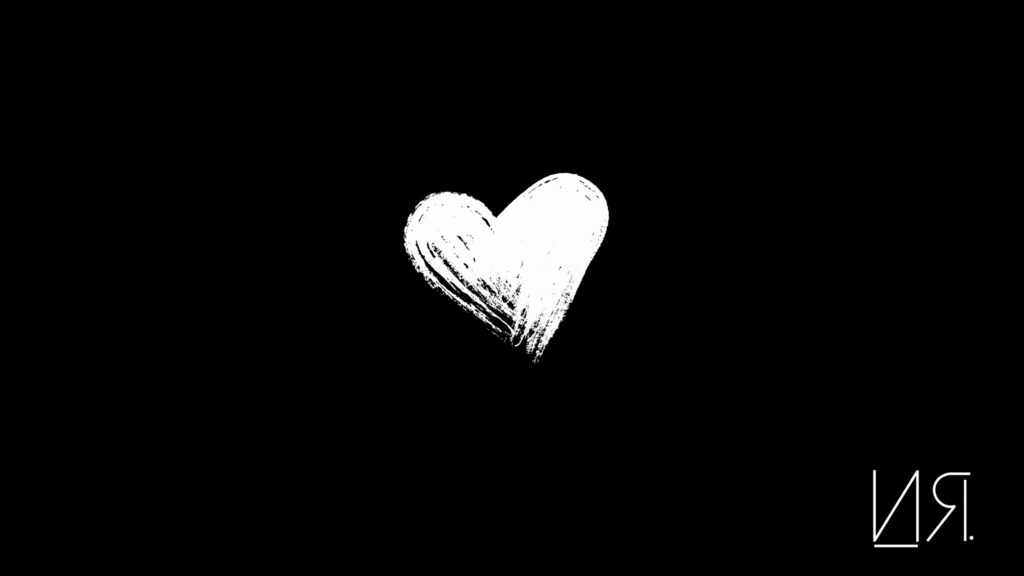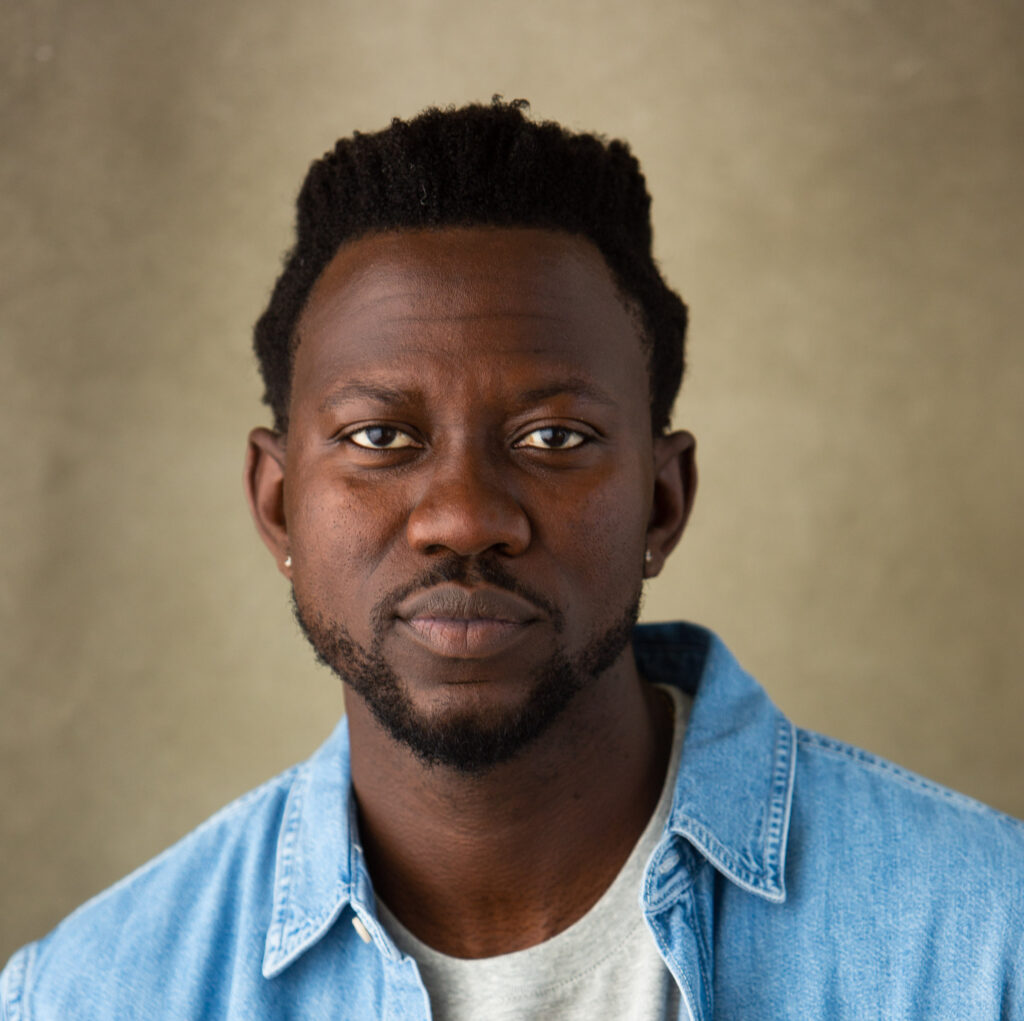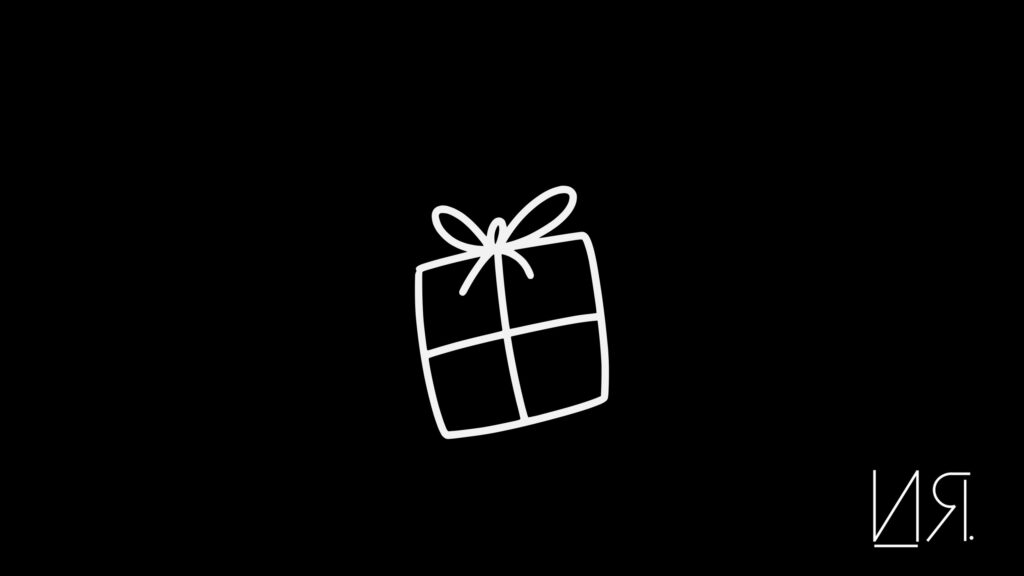“I have only one job during my time on this planet: to love. This, like the human condition, is a first principle”
I read that quote in a recent book that I’m reading and I had to pause and drop the book.
“Is that what it’s really about? Is that why I am here?”
Leading up to this reflection point in the book – THE REWIRED BRAIN, the author (Dr. Ski Chilton) had focused on the science behind our drives, motivations, and behaviors.
As a man of science, Dr. Chilton is driven by the eternal quest for truth and knowledge but he didn’t experience his true calling until he went on a mission trip somewhere in South Africa.
He was humbled by the enormous feeling of connection he felt towards orphaned children he went to help.
He said he found himself on that trip.
Until he realized his goal in life was to help other people, he had felt lost.
Although he had achieved so much and engulfed himself in the work he was doing, his life outside work was shattering.
Unhealthy relationships, failing marriage, unresolved childhood trauma.
But when he went on the unassuming trip to help orphans in Southern Africa, he realized he was the one that was getting helped.
I had my skepticism as I read the book (as usual).
The skeptical Nifemi that sat on my shoulder said, in a whisper: “here we go again – another white American man trying to save Africans”
“Nifemi…Are you really reading this on your saturday? How about we get back to all the neuroplasticity stuff this doctor has expertise in. Now this guy goes to Africa on some white savior s**t and he’s talking about love and you’re here eating it all up…”
“Sssshhhhh. Quiet down” I told my skeptical self.
“Suit yourself” Skeptical Nifemi said and went silent.
“I have only one job during my time on this planet: to love” I thought about the quote again “A human first principle. Coming from a doctor. Interesting.”
Dr. Chilton later admitted that “Africa saved him more than he could save any Africans.” and he wears a t-shirt with those words as a reminder about the moment he found his purpose.
(Take that, you skeptic!)
There’s a reason why I’m interested in this topic.
I have a feeling it’s the same reason behind numerous conversations I have with friends, family, colleagues. It’s often disguised in things like career goals, pursuing interests, building wealth, finding passion.
The thing underneath it all is the question “Why am I really here? On this planet? What’s the goal or purpose of living?”
Is it possible we are just here to love?
Could You be Loved and Be Love
We all want to be happy.
I believe that’s a safe assumption. Happiness means something different to everyone but in general.
We want to be comfortable, free of fear, healthy, and wealthy.
Yet in this journey of life, that clarity of what we want becomes obscured. One day you’re up with mental and emotional stability. The next day, you feel so lost that the previous day seemed like an illusion.
You strive for what is clear to attain – a good job, a booming business, a comfortable home.
Regardless of the accumulation, an emptiness still persists, lingering deep within, making those shiny new objects eventually feel like cold metal to the skin.
“Now you got what you want, do you want more”
~ Bob Marley
Without a true understanding of the source of our internal driving force, where does the road of accumulation of things lead us to?
Like Dr. Chilton, without self-awarenes, it leads to unhappy relationships, difficulties parenting, family feuds, sibling rivalries, draining group interactions, a lack of intimacy, tribal divisions, “friends turned to foes”, and an unfortunate mindset that reinforces that you are incapable of being loved.
How do you react in this modernized world? Do you anchor on some of your first principles or do you put your engine in drive mode, hyping up your internal fear and hyper-competitive spirit?
What is your first principle?
These are all dizzying questions buzzing around my head. Do you have similar questions? Or am I alone on this one?
One of my favorite music group is Bob Marley and the Wailers. From their twelfth and last album, Uprising, there’s a song called “Could you be loved”
The chorus of the song is quite simple. It goes:
Could you be loved, and be loved?
Could you be loved, and be loved?
Is it possible that these dreadlocked rastas were touching on the actual element of life in a catchy tune over strummed guitars and a groovy baseline.
Could it be love? Your first principle.
As I learned about neuroplasticity and human motivation through the eyes of Dr. Chilton, it became clearer that one of our biggest fears is being lonely and isolated. Even our fear of death is a fear of being separated from our Self.
We want to foster healthy relationships with other human beings and love is an important element in that.
First principles
In the book, The Creator’s Code: The Six Essential Skills of Extraordinary Entrepreneurs by Amy Wilkinson, the author described three types of inventors and innovators: architects, sunbirds, and integrators.
Unlike the latter two types of inventors that build by pollinating and mixing ideas from different fields to generate new things, architects build from the foundation of first principles.
In philosophy and science, a first principle is a basic proposition or assumption that cannot be deduced from any other proposition or assumption.
Most recently, an entrepreneur that is most associated with this type of thinking is Elon Musk.
These types of innovators build from ground up and supplement everything they do based on a defensible and unshakeable first principle.
So when a scientist says their first principle is: to love, they are saying everything they do, from career to growth goals to parenting to publishing in scientific journals – all stems from a place of love
Science…. Love….OK
I’ve heard musicians, writers, artists, and poets talk all about Love.
But a person of science? Hold up…Hold up.
What’s next? Engineers would start talking about love as one of the laws of thermodynamics.
Accountants would debit cash and credit love.
Investors would start saying to entrepreneurs “Great, I see there’s a huge addressable market here, great team, viable product, but I didn’t see a slide about love…it’s going to be a NO for me. I mean..show me the money but show me the Love too”
Is wealth and good health just the by-product of love? A drive to foster healthy relationships.
Perhaps it’s the reason we develop new technologies, make products, build businesses, make music, create art?
What’s Love Got To Do With it?
When I started making music in my apartment back in Austin, TEXAS (had to put that in all caps, ‘cos errthing is big in TEXAS), I was mainly making music to experiment and express myself.
I’ve never planned to make money out of music or have a music career but i still wanted to share with my friends.
My last week in business school I understood a little bit more about where this urge to share my art came from.
I had just released another mixtape and a friend came to me and said: “I really like that album. I connected with the message. It made me feel like I wasn’t going crazy with my first year experience.”
And that’s still one of the best compliments I’ve heard about my music.
I was happy to know that over beats and rhythms, I could communicate how I felt and it connected with someone else, making the two of us feel less lonely.
3 Things to Do to Foster Healthy Relationships
A lot of what we do is to make connections and feel less isolated.
So the love I’m talking about is not the romantic love or uncontiditional love.
It is the love that makes you want to connect with other people and build strong partnerships. Working hand-in-hand with your fellow human being.
Love that is not led by the need to be dominant or dominated in relationships.
According to Dr. Chilton, your ability to foster healthy relationships depends on your level of mental and emotional maturation, which depends on these three things:
1. Knowing thyself
I’ve been very inspired by the roots reggae, afrobeat, and black power movement that began in the late sixties and early nineties.
From the civil rights movement in the US, African countries gaining independence, and political revolutions in the Carribeans, a resounding theme in the music was “Know Thyself” to reclaim a stripped African identity.
This musical lineage as carried on into the 21st century.
Mos Def and Talib Kweli said “Knowledge of self”
Femi Kuti said “Black man, know yourself”
Removing aspects of race and origins, this truth applies to every human being.
The knowledge, expression, and acknowledgment of your true self allows you to function and foster healthy relationships.
When you are allowed to express yourself as an individual, you bring your unique experience and perspective to a group.
Each individual is allowed to participate in hobbies that are in line with their passions and interests.
You are not dependent on others and their belief systems to make simple decisions.
When you are allowed to flourish in a group you begin to encourage one another.
The group does not depend on dominance and control of people within the group.
Examine the relationships you’re in.
Are you allowed to be your full self? You might be on a quest to discover more about yourself. Are the people around you encouraging you on that journey?
Do the investigation on the flip side. Are you trying to control other people? People you claim “to love.”
Are you allowing them express themselves fully or are you trying to control how the express in the relationship?
True diversity comes from full individual expression and acceptance.
2. Understanding and managing your own baggage (emotional dysfunction)
I’m currently back home in Lagos. It’s a few months before the election and things tend to get funny around these times.
Nothing new.
Intermittent electricity (that’s not news)
Fuel scarcity (I wonder what’s going on this time)
No cash at the bank or ATM (wait…wait…wait..what do you mean no cash)
Long lines of people at banks trying to withdraw money. Just a few days in and I start questioning the topic of my letter this week.
How can you talk about love in this type of environment?
My scarcity mentality quickly became activated. Abundance? Sounds like a foreign genre of music to me at the moment.
Scarcity is something you get familiar with in Nigeria and a lot of us carry this mindset (baggage) into adulthood even when we’re no longer in Lagos.
We all have different circumstances and grow up different. A lot of us are holding on to different levels of trauma form the past.
Another factor to boost maturation in healthy relationships is your ability to deal with emotional dysfunction (baggage) that you bring from negative past experiences.
The more primitive part of your brain holds on to memories (particularly from childhood) that serve a purpose – to unconsciously protect you from the same threat in the future.
Without self-reflection and awareness, you hold on to those past experiences and amplify their significance, as a predictor of the future.
This fear is amplified and you respond with behaviors that hamper our current relationships.
It’s important to acknowledge that we all have emotional baggage that we carry within us.
Instead of pointing out the shortcomings of others, you need to focus on what emotional baggage you’re carrying and learn the best way to manage it to thrive in healthy relationships.
You don’t have to go into problem solving mode to rectify it immediately. Change takes time. All you have to do is bring your awareness to it and know it plays a role in your relationships.
3. Changing your economics of love
I was born in 87, on January 7.
7 days later, during my naming ceremony, my parents named me Obanifemi {translation: God (King) has love for me}.
Never thought about the significance of my name until later in life.
I have ‘love’ in my name – Divine love.
As an adult, in search of purpose, I found that I’d like to spread this love around because, as an African living up to my name, I believe the love in me is infinite and I’m here to share it with people.
That being said, spreading love is hard y’all.
Whether I’m spreading love by being helpful, listening attentively, sharing my resources, or just being positive, I eventually get drained.
When I give but don’t receive back, resentment begins to build and festers. My easy solution is to pull away, separate myself, and recharge.
My love equilibrium goes off balance.
One false notion about love is that when you give it out it should be reciprocated.
Ohhhh noooo!!!!!
This economy of love does not work like that.
“People that overcome isolation by dominating or being dominated by others have a market driven approach to giving. They only give with the expectation of getting something in return. Giving is viewed as a finite resource.” The REWIRED BRAIN
When we tame our expectations of receiving, then we can give out without being hurt.
We can move away from the zero-sum “if I do this for them this weekend, they’ll owe me one” game.
That being said, when you give from the infinite source of love, you have to learn to set your own boundaries.
It’s hard to give when your well has been depleted. Just like the oxygen mask on the plane, you have to fill up your well of love before you can dish it out.
And you can only do this by creating sensible boundaries, not being drawn into emotional manipulation, and loving yourself first.
Start practicing the art of giving without expectation while setting reasonable boundaries.
Change your economics of love.
There’s no clear demand and supply curve here. Supply without demanding (within your boundaries) and it will come back to you in unthinkable ways.
Final Thoughts
We have an innate need to want to stay connected to other human beings.
As a social creature, you are driven to build relationships with people. But building healthy relationships does not come natural especially when it’s driven by a fear and control-based operating system.
Let go of your pre-conceived notions of love and lead with empathy.
Do this by knowing and expressing your true self (and finding groups and relationships that value that), understanding and managing your emotional baggage from the past (we all have it), and adjusting your economics of love (within your specified boundaries).
So when you’re feeling uncertain and lost, go back to your first principle: to love.
This is the way you build healthy relationships with people but start with the most important relationship – the one with yourself.
Love yourself first.
Love yourself shamelessly like your life depended on it – and then spread it around the world.



